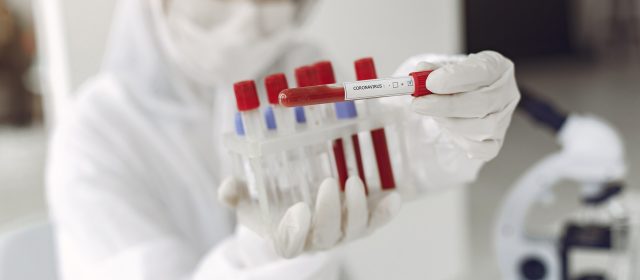Experts from the ITENE research center and the start-up CONTROLNANO SL, both located in Valencia (Spain) are working on the development of a new device for detecting the presence of COVID-19 in real time, both in ambient air and in biological fluids, which will be portable, low cost and will offer instant results, which would allow for immediate diagnosis and speed up decision making to stop its expansion. The result of this project, called Covidsense, is expected to be available in the coming months, after the development of a technically viable prototype by ITENE and its validation in hospitals and urban and industrial locations. Although there is a degree of uncertainty about the level of accuracy it will achieve in the first phase, the researchers are confident of developing a technically viable prototype, in which knowledge of nanomaterials, electronics, and biosensors will be applied. This work is being carried out with the support of the Valencian Institute of Business Competitiveness (IVACE) of the Valencian Government (Spain) within the framework of its agreement with ITENE. This development would make it possible to overcome one of the crucial problems in the control of the pandemic that the world is currently experiencing, such as the shortage of rapid tests that allow a routine diagnosis of this disease, since the rapid and accurate detection of the coronavirus is crucial to control it. The biosensor device for the rapid detection of the SARS-CoV-2 virus will be based on the use of nanomaterials that act as support for chemical or biological receptors and interact with specific parts of the virus. This analysis can be performed either on exhaled air – in this case, the device would work in a similar way to a breathalyser – or on blood, urine, or wastewater samples. The recognition and interaction process will allow a signal to be emitted that can be processed in a computer application and sent as an alert to emergency centres or personnel in charge of risk prevention. Currently, clinical tests are being carried out reliably with the classic technique known as PCR (polymerase chain reaction). However, this method requires a complex and costly protocol for processing the sample, as well as expert personnel, and does not allow the so-called “on-site” tests, so the samples have to be sent to specific laboratories for analysis. The biosensors to be developed in the project launched by ITENE are suitable for real-time viral detection due to their high sensitivity and selectivity, low cost, simple operation, portability, and fast analysis. In this way, these systems will facilitate clinical decision-making and eliminate some of the workload of testing laboratories. In addition...
Read More
